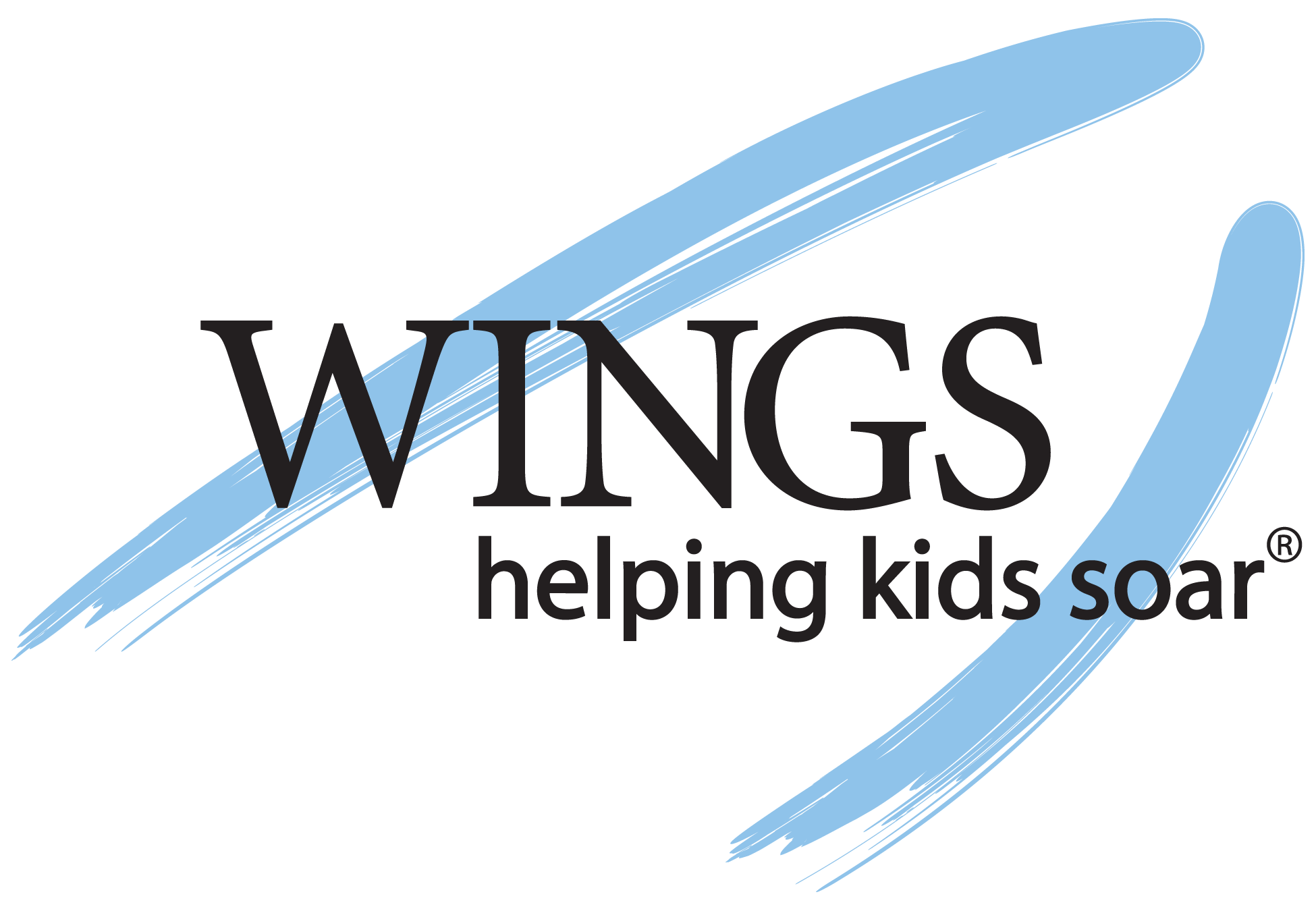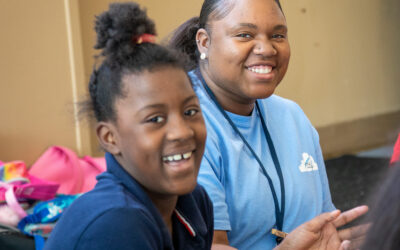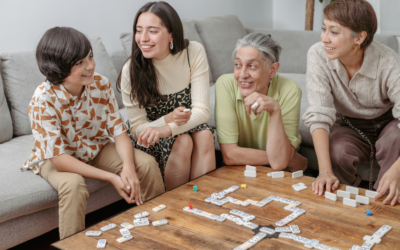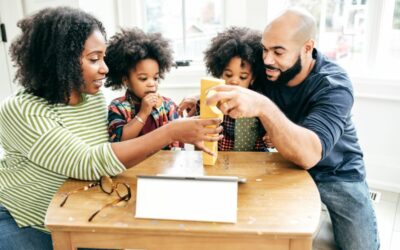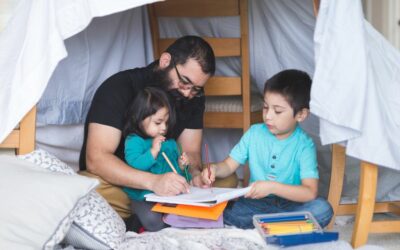Building strong relationship skills within families at home is a cornerstone of healthy family dynamics. These skills encompass effective communication, empathy, active listening, conflict resolution, and mutual respect.
When nurtured and practiced within the family unit, these skills benefit children not only in school but also throughout their lives. Honing these skills fosters positive social interactions, resilience, and the ability to navigate diverse relationships with confidence.
Practicing Relationship Skills at Home
We use Words to Live By to help kids learn the fundamental skills of social emotional learning. Words to Live By breaks down the competency into two lessons:
-
I am a friend. I support and trust. Working together is a must: be a friend who supports and trusts others by complimenting and congratulating them
-
Be a Friend Who Supports and Trusts Others by Complimenting and Congratulating Them
Tip #1: Praise one another
Find a fun way for family members to acknowledge and praise one another for specific things they have done (not physical traits).
One fun way for family members to praise each other is by creating a “praise jar” or a “compliment box.” Each family member can have their own jar or box where they write down compliments or praises for others on colorful slips of paper. These compliments can be specific to something the person has done recently, such as helping with chores, showing kindness, or achieving a personal goal. Then, during a designated family time, everyone can take turns reading the compliments aloud and expressing their appreciation for each other’s efforts and actions.
Tip #2: Work together as a family
Find opportunities for family members to work together and support one another with different tasks/activities.
This could work for various activities including cooking, grocery shopping, homework or doing chores. For example, you might create a chore chart with age-appropriate tasks for each family member, rotating responsibilities weekly or monthly. Emphasize the importance of teamwork and pitching in to maintain a clean and organized home. Offer praise and recognition for completing tasks promptly and with care. Consider having a “chore completion celebration” at the end of each week, such as a family game night or movie night.
Cooperate with Peers and Siblings by Working Together, and Being Kind, Caring, and Listening
Tip #3: Pay it forward by doing something kind
Challenge family members to do something kind for someone else and tell that person to pay it forward by doing something kind for another person.
Try making a list of easy things someone could do to spread kindness that week. Keep a kindness jar where everyone can add ideas of kind things they could do or have done to generate more kindness throughout the year. Or, try turning it into a competition to see how many kind tasks each family member does each week.
Provide dedicated time for family members to listen and share what’s going on in their life.
Try creating a “family check-in” ritual. This could be a weekly or bi-weekly scheduled time where everyone gathers together without distractions, such as phones or TV, and takes turns sharing updates about their lives. During the check-in, each family member can have a few minutes to talk about their recent experiences, thoughts, feelings, and any challenges they may be facing. The rest of the family listens attentively without interrupting, offering support, encouragement, and understanding when needed. To make it engaging, you could incorporate fun elements like using a talking stick or a special object that signifies whose turn it is to speak.
Looking for more resources for families? Check out 15 Simple SEL Building Activities for Families
